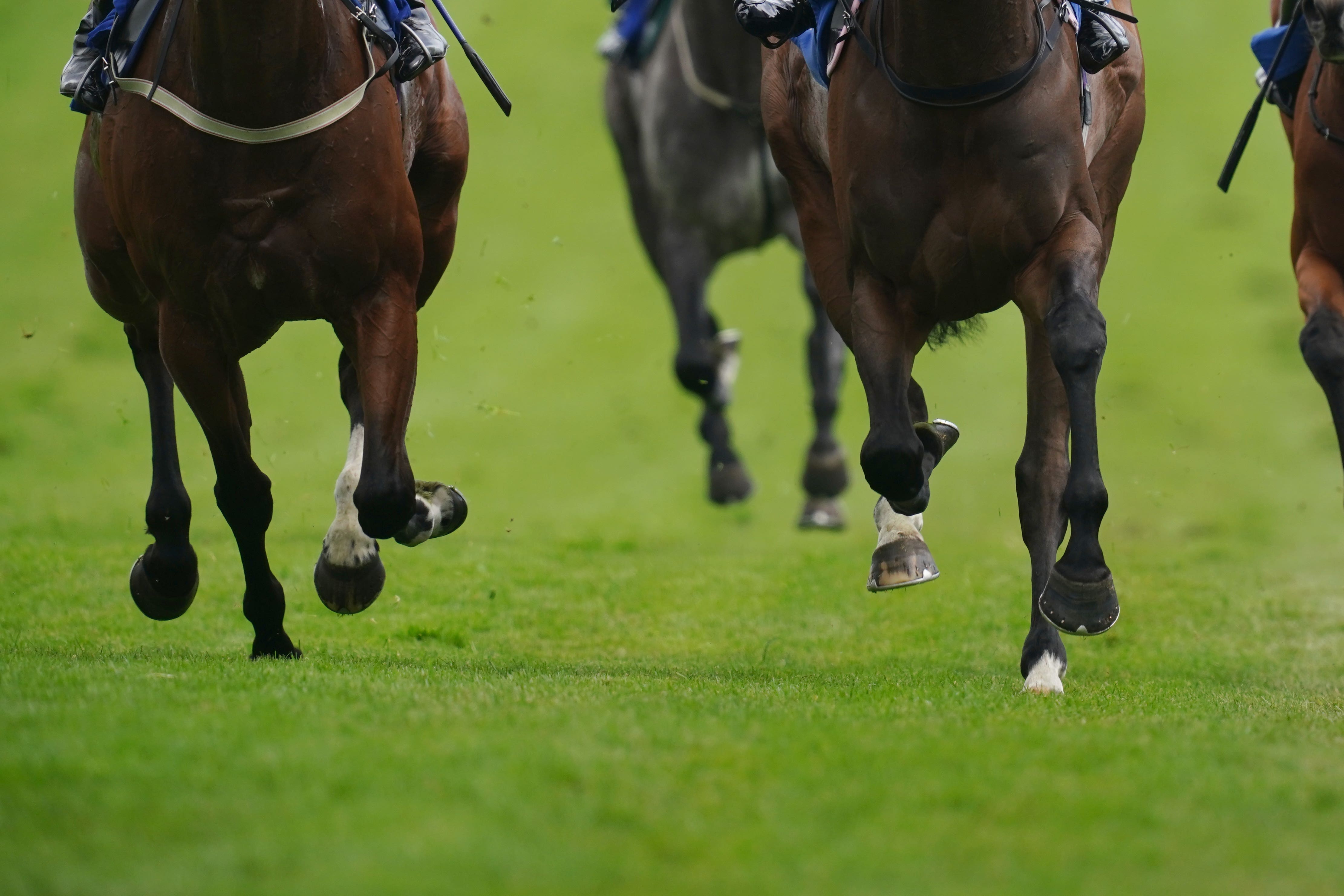Betting with inside knowledge: the rules
What are the rules for gamblers on betting with inside knowledge?

Your support helps us to tell the story
From reproductive rights to climate change to Big Tech, The Independent is on the ground when the story is developing. Whether it's investigating the financials of Elon Musk's pro-Trump PAC or producing our latest documentary, 'The A Word', which shines a light on the American women fighting for reproductive rights, we know how important it is to parse out the facts from the messaging.
At such a critical moment in US history, we need reporters on the ground. Your donation allows us to keep sending journalists to speak to both sides of the story.
The Independent is trusted by Americans across the entire political spectrum. And unlike many other quality news outlets, we choose not to lock Americans out of our reporting and analysis with paywalls. We believe quality journalism should be available to everyone, paid for by those who can afford it.
Your support makes all the difference.Using confidential or “inside” information to gain an unfair advantage when betting may constitute a criminal offence.
Gamblers are not allowed to use inside information to place a bet or to instruct someone else to do so on their behalf.
They are also not allowed to pass inside information on to someone else which they use for betting.
Rules around placing bets on the basis of so-called “inside information” are set out in the Gambling Act.
A Gambling Commission policy position paper dated August 2018 clarified that inside information is information known by an individual or individuals as a “result of their role in connection with an event and which is not in the public domain”.
If someone uses confidential information in order to gain an unfair advantage when betting, this may constitute an offence of cheating under Section 42 of the act, which is a criminal offence.
Section 42 sets out how someone can be seen as committing an offence if they cheat at gambling or do anything for the purpose of enabling or assisting another person to cheat at gambling.
Those found guilty could face up to two years in prison, a fine, or both.
A Gambling Commission spokesman said: “The Gambling Commission regulates gambling in the interests of consumers and the wider public.
“Currently the Commission is investigating the possibility of offences concerning the date of the election.
“This is an ongoing investigation and the Commission cannot provide any further details at this time.
“We are not confirming or denying the identity of any individuals involved in this investigation.”